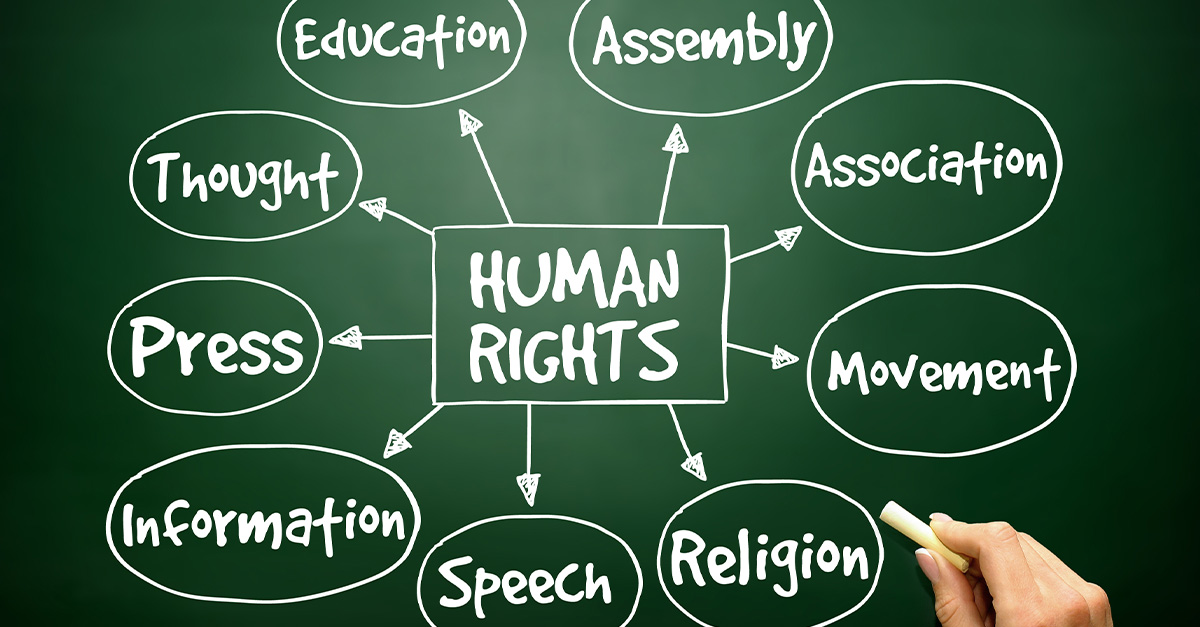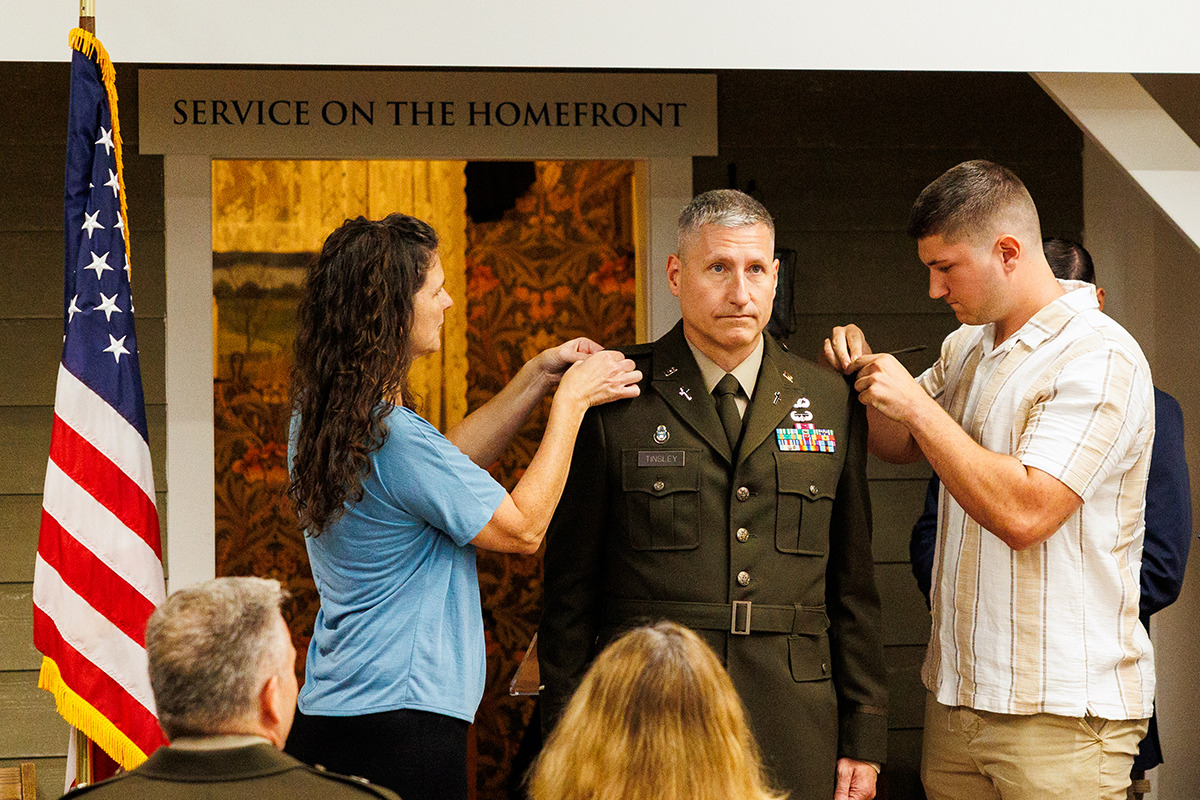


Get a free copy of Parental Rights & Education when you subscribe to our newsletter!

“The uncontested facts demonstrate that Defendants violated Plaintiffs’ rights to internal management, free speech, freedom of association, freedom of assembly, and free exercise as a matter of law. Defendants also violated the Establishment Clause as a matter of law.”
–JUDGE ROBERT H. CLELAND
In what is becoming a judicial trend, a federal district court this week ruled that Wayne State University in Detroit discriminated against a Christian club and that university officials can be held liable for violating the group’s First Amendment rights.
InterVarsity Christian Fellowship, a Christian club that has held Bible studies and community forums at Wayne State University in Detroit, Michigan, for 75 years, was recently deemed discriminatory and kicked off campus by the school because the club required its student leaders to agree to a statement of faith.
However, school officials did allow discrimination to be exercised by other clubs for any other reason. At Wayne State, other student clubs can not only choose leadership who believe in their cause but also exclude members based on categories such as sex, gender identity, political partisanship, ideology, creed, ethnicity, and even GPA and physical attractiveness.
After InterVarsity filed suit against the school in 2018, the club was allowed back on campus, but university officials maintained that they still had the right to kick the club off campus in the future.
A federal district court has now disagreed, siding with the club and ruling that university officials can be held personally liable for violating — in this case — a host of constitutional rights.
Judge Robert H. Cleland of the U.S. District Court for the Eastern District of Michigan wrote,
“The uncontested facts demonstrate that Defendants violated Plaintiffs’ rights to internal management, free speech, freedom of association, freedom of assembly, and free exercise as a matter of law. Defendants also violated the Establishment Clause as a matter of law.”
The court seemed incredulous that the school would target a small Christian group and deny them student organization benefits “because they require their Christian leaders to be . . . Christian.”
Cleland had strong words for the university, saying that its actions “strike at the heart” of the First Amendment and are “obviously odious to the Constitution.”
The ruling stated, “No religious group can constitutionally be made an outsider, excluded from equal access to public or university life, simply because it insists on religious leaders who believe in its cause.”
The case is strikingly similar to a case involving a Christian club at the University of Iowa. In 2017, University of Iowa officials de-registered Business Leaders in Christ (BLinC) for requiring its leaders to sign a statement of faith.
The U.S. Court of Appeals for the Eighth Circuit not only ruled in favor of the students, but also ruled that university officials can be held personally liable. Judge Jonathan A. Kobes wrote,
“The law is clear: state organizations may not target religious groups for differential treatment or withhold an otherwise available benefit solely because they are religious. That is what happened here. The individual defendants may pick their poison: they are either plainly incompetent or they knowingly violated the Constitution. Either way, they should not get qualified immunity.”

As universities continue to crack down on any dissent from progressive orthodoxy and to place restrictions on Christian and conservative viewpoints, it is encouraging to know that some courts will not only rule in favor of students but will hold university officials personally liable when they thwart a student’s constitutional rights to freedom of speech, freedom of association, and freedom of religious belief.
The Supreme Court recently took up a similar case, ruling that former Georgia Gwinnett College student Chike Uzuegbunam could seek damages against his alma matter, even though the school had since changed the discriminatory speech policy that prevented him from sharing his faith.
What this means is that when schools violate a student’s constitutional rights, a student has recourse, even if the school changes its policy or the student is no longer enrolled. Universities have managed to escape accountability up to now by quickly changing their policy whenever a lawsuit is filed, essentially crying, “It’s a moot point!” as a means of protecting itself and its officials. The courts are now saying, however, that a rights violation is a rights violation at the moment it happens, and it cannot be undone with some legal maneuvers and tactical paperwork.
So, if a school tells a conservative group that it cannot invite a conservative speaker to campus or tells a Christian club that it cannot have a statement of faith or stops a student from sharing his or her faith, they should file a lawsuit. Students shouldn’t become less free just because they enroll in college, and fighting in court is the only way to ensure that First Amendment rights are protected on campuses.
If you like this article and other content that helps you apply a biblical worldview to today’s politics and culture, consider making a small donation here.
Christian conservative news and issues that matter. Curated just for you!
